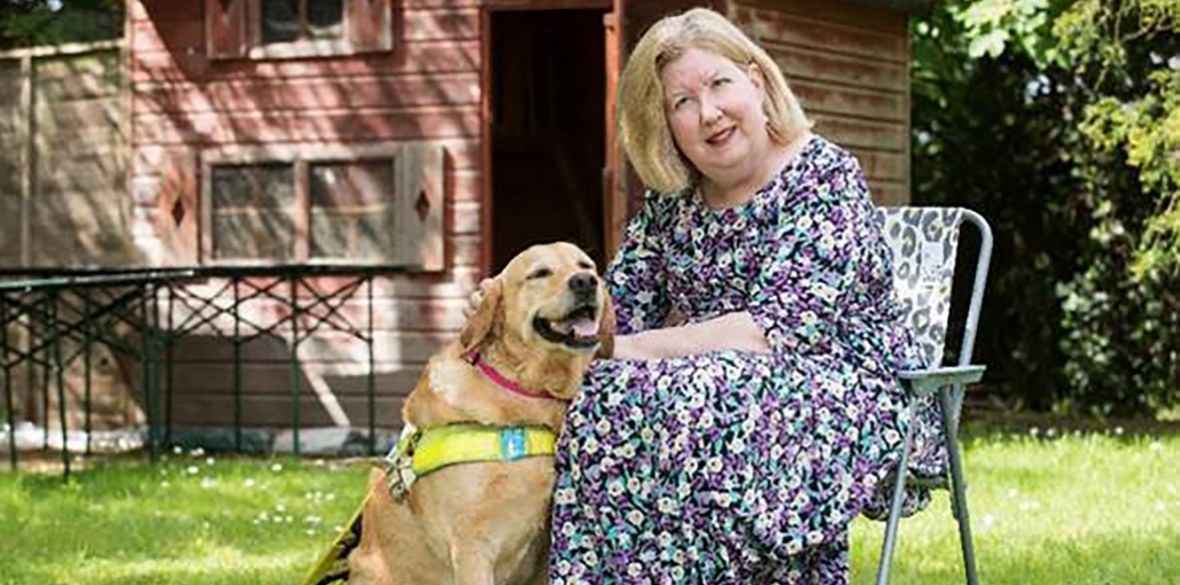This is the last article you can read this month
You can read more article this month
You can read more articles this month
Sorry your limit is up for this month
Reset on:
Please help support the Morning Star by subscribing here
DISABLED people risk being “left behind” when Britain comes out of lockdown, concerning new research has found, with more than half fearing going out in public.
Although the government is no longer advising people to shield, a new report by disability charity Sense found that 45 per cent of those classed as clinically extremely vulnerable are continuing to stay behind closed doors, even though 85 per cent have been vaccinated.
Sense’s research, published today, found that concerns about health, cuts to social care and fear of being able to comply with social distancing rules have all contributed to people losing their confidence to go out in public. Many now avoid leaving the house at all, the charity said.
Jane Manley is among those who are now fearful to leave their houses after shielding for the past year.
“Before, I was very independent and could do everything with my guide dog,” said Ms Manley, who is blind.
“Now, I have lost a lot of confidence. When I go out, my heart rate is really high as I am so nervous.”
The 59-year-old said she had been shouted at in the street by a family after she accidentally bumped into them.
She said: “They shouted: ‘People like you shouldn’t be out.’ This makes you feel unsure of yourself and knocks your confidence a lot.”
The charity also found extremely high levels of isolation among disabled people surveyed, with more than two thirds describing themselves as chronically lonely.
Half said they felt lonely because they were unable to access local activities and venues in the last 12 months.
Sense chief Richard Kramer said that without support from communities and the government, disabled people risk being left behind as Britain moves out of lockdown.
“The severe impact of the pandemic has meant that many disabled people are now fearful and anxious about going out into public, and unless we support and prioritise them, isolation and loneliness will become a bigger problem,” he said.
“We must recognise that cuts to services and reduced support have contributed to the isolation that people are experiencing, and reinstate community services, while ensuring mental health support is available for those that need it.”
Disabled People Against Cuts founder Linda Burnip said that some care packages have been slashed by up to 50 per cent.
“This is unacceptable, and such cuts must be urgently reversed so that disabled people are not excluded from society.”

 Bethany Rielly
Bethany Rielly










